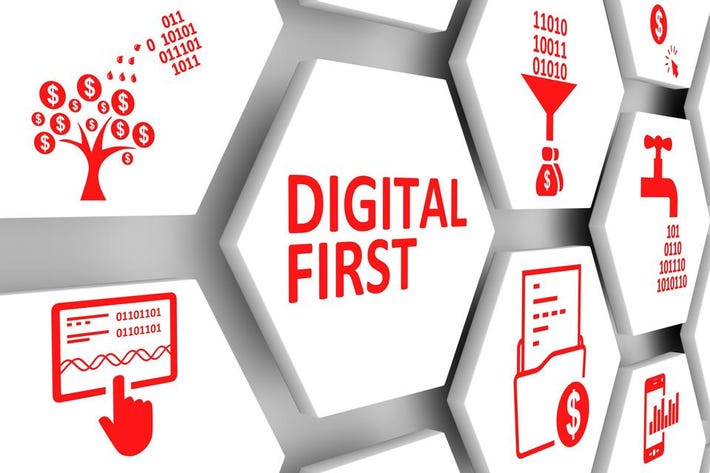advertisement
From Digital Transformation To Digital First

The idea that African countries can leapfrog technologies is not new – experts have pointed to Africa’s potential for years. Africa is a digital first market, and mobile technology is a perfect example. We witnessed the dawn of digital payments platforms, the current darling of the fintech industry, right here in Kenya. M-Pesa revolutionised our economy by granting access to the unbanked. All you needed to participate was a phone.
The M-Pesa wave spread to the rest of the continent and rippled out to the world, bringing financial inclusion to millions of underserved citizens in countries like India and Romania. With just a SIM card and an identification document, you could grow your small business into a social and financial upliftment tool.
This technology that Africa delivered to the world is a testament to the ingenuity of its people. The GSMA State of the Industry Report on Mobile Money 2022 reveals that the continent makes up 70 percent of the $1 trillion mobile money market, spawning around 500 fintech companies. And it’s that level of innovation that makes Africa a target for funding. In 2022, Nigeria is already a billion-dollar start-up market, and Kenya is very close to that with investment cresting $900 million this year alone. As the continent increasingly adopts digital transformation, our attention must now turn to becoming digital first.
advertisement
Africa is adopting cloud technology
A significant majority of those businesses that have attracted funding are digital, generating mountains of data about how the people of Africa live, where we shop, and how we spend our time. Cloud is an enabler of turning that data into actionable insights business can use to grow and thrive.
According to Gartner, global cloud spend is forecast to reach $178B in 2022, and although Africa may lag behind the rest of the world’s cloud adoption with only 15 percent cloud penetration, the continent’s public cloud market has doubled in the past three years. To remain competitive in a digitally transformed business environment, agile enterprises around the world have also adopted cloud technology to enable new ways of working for their distributed-, remote- and hybrid workforces.
advertisement
Microsoft is committed to providing availability of cloud services delivered from African data centres, and is working with partners to deliver resilient cloud solutions that enable customers in markets across the continent to meet regulatory and data residency requirements, address low latency workloads, strengthen resilience and enable business continuity. Businesses can reap the benefits of their investments into cloud technology, with the ability to innovate and bring new solutions to life.

Security is a top priority
advertisement
When digital transformation takes place, it is immediately a target for cyberattacks because of a need to store data on servers and a lack of investment in data security. With the acceleration of digital transformation enabling cloud-first and hybrid work environments, it’s more important than ever to have a robust, end-to-end cybersecurity strategy in place. Remote and hybrid work models have increased the attack surface area and multiplied the number of entry points for these bad actors.
Cybersecurity remains a significant concern for African enterprises, as according to the Club of Information Security Experts in Africa (CESIA), in 2022, more than half of companies in Africa believe they are not prepared to handle a large-scale cyberattack. And Interpol’s Africa Cyberthreat Assessment report found that more than 90 percent of businesses on the continent operate without the necessary cybersecurity protocols.
Adopting a digital-first approach to business and handing off business critical data to specialized cloud providers is fast becoming a mandatory step to ensure not only security, but consistent productivity. The other benefit is the cloud-based solutions that these businesses now have access to, like low- and no-code services that can solve complexity and bridge the skills gap.
Cloud computing also centralizes carbon emissions reporting with service providers that have the scale to roll out low carbon technologies across their tech stack, which is a prohibitively expensive exercise for small enterprises. Compliance with country carbon emissions targets is then baked into the very fabric of the business operations.
The opportunities are limitless
The potential for positive impact of digital first thinking is limitless. We have not yet imagined the future applications for cloud and digital services in the African context. Removing compliance and security burdens from African businesses, while unlocking unprecedented remote collaboration opportunities will create an environment for the youth to thrive. Exposure to real-world solutions to community problems will uncover career paths and, ultimately, give hope to what is currently a dire situation.
Africa must have its head in the cloud to compete in the new global digital economy.
This article was written by Phyllis Migwi, Country Manager, Microsoft Kenya